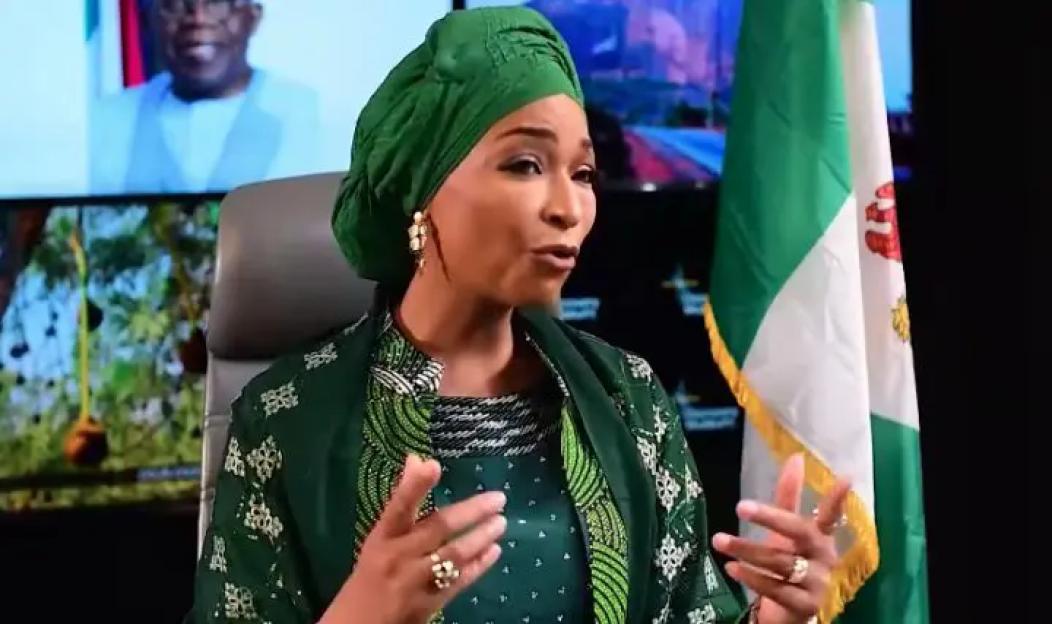Table of Contents
- Bill Passage Overview
- Current Legal Position
- Senators' Debate
- Burden of Proof Shift
- Additional Issues Raised
On Wednesday, the Senate advanced a bill for a second reading aimed at repealing the 2022 Electoral Act and enacting the 2025 Act. This proposal includes shifting the burden of proof in electoral litigation from the litigants to the Independent National Electoral Commission (INEC), which is responsible for organizing and supervising elections.
The current legal stance in Nigerian electoral litigation establishes that the petitioner, who contests an election result, holds the initial and primary burden of proof according to the Evidence Act, which states, “he who asserts, must prove.”
During the debate on the general principles of the bill, numerous Senators, including the Senate President, Godswill Akpabio, argued that the burden of proof in such cases should be assigned to INEC.
Senator Seriake Dickson (PDP Bayelsa West), who was the first to raise this point in his remarks, emphasized that the burden of proof should shift to INEC to enhance the credibility and transparency of the sensitive task of electoral conduct and oversight.
He stated: “If there is one significant achievement we must attain in this 10th Senate under your leadership, it should be substantial electoral reform.
“We have the chance to modernize our system: authorize INEC to utilize more technology and support that authorization with sufficient funding.
“Our political parties pose some of the greatest challenges to our democracy; we must find methods to regulate and control party behavior to strengthen democratic norms.
“Importantly, the burden of proof in electoral disputes needs reform. Electoral matters are unique and warrant special consideration.
“The existing rule—requiring the challenger to prove alleged irregularities—unfairly disadvantages the process.
“INEC conducts elections, appoints ad-hoc officials, compiles, and announces results; it should therefore carry the primary burden of proving that elections were held peacefully and in compliance with the law. We should reflect this change in the Electoral Act.”
Senator Dickson's perspective received strong backing from Senate President Akpabio, who affirmed that INEC must be accountable for electoral litigation.
“I concur with Senator Dickson and other Senators advocating for the transfer of the burden of proof in electoral litigation from litigants to INEC as the organizer and overseer of elections,” he remarked.
“INEC undeniably must be held accountable because it is responsible for conducting the election, managing logistics, and is best positioned to bear the burden of proof in litigation,” he added.
In addition to the burden of proof in electoral litigation, other topics were raised by some Senators, such as the eligibility of delegates at party primaries and the defection of elected officials from the parties that sponsored their election to others after taking office.
Senator Abdul Ningi (PDP Bauchi Central) specifically urged his colleagues to ensure that all elected officials are considered eligible delegates for party primaries, while Senator Muntari Dandutse (APC Katsina South) called for provisions in the proposed Act that would disqualify defectors from holding their positions.
He argued that implementing such measures would strengthen multi-party democracy in Nigeria and help restore its dignity in the international community.
Frequently Asked Questions
What is the main aim of the proposed bill?
The primary goal of the proposed bill is to repeal the 2022 Electoral Act and enact the 2025 Act, shifting the burden of proof in electoral litigation from litigants to the Independent National Electoral Commission (INEC).
Who supports the shift of the burden of proof?
The shift of the burden of proof has garnered support from various Senators, including Senate President Godswill Akpabio and Senator Seriake Dickson, who argue that INEC, as the organizer and supervisor of elections, should assume this responsibility.
What other issues were raised during the debate?
Other issues discussed included the eligibility of delegates at party primaries and the defection of elected officials from their sponsoring parties after taking office.







